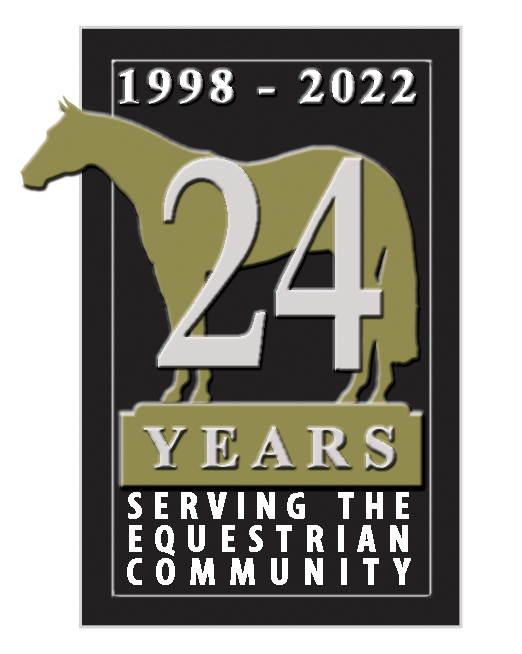Canada’s Rules for TX Horses Going to Calgary Stampede
July 5, 2009We have just received the following information for horses moving to Canada from Texas for the Calgary Stampede. More stringent regulations are in place for Texas horses, due to vesicular stomatitis (VS). If you plan to haul your horse, PLEASE ensure that you can meet ALL the requirements. Carla Everett, Texas Animal Health Commission, Public Info
EXPORT CONDITIONS FOR HORSES FROM TEXAS COMPETING AT THE CALGARY STAMPEDE
The horses must be accompanied by a USDA Official Zoosanitary Export Certificate (VS 17-140 or 17-145), issued by a USDA accredited veterinarian, and endorsed by a USDA Veterinarian.
Form VS 17-140 or 17-145 must contain the following statements:
1. The horse(s) being presented for importation have been either resident in the United States since birth, or for at least sixty (60) days immediately prior to the date of exportation and have met all of the import requirements of the United States.
2. The horses were inspected by a USDA accredited veterinarian within ten (10) days preceding the date of importation, and found to be free from any communicable diseases.
3. To the best of the knowledge and belief of the USDA accredited veterinarian, the horses were not exposed to any communicable disease within sixty (60) days preceding the date of inspection.
4. The horses were tested negative for equine infectious anemia using the agar gel immunodiffusion test (Coggins) or ELISA test within six (6) months immediately preceding the date of exportation.
5. The horse(s) have not been on a premises where Taylorella equigenitalis has been isolated during the 60 days immediately preceding exportation to Canada, or on a premises currently under quarantine or investigation for contagious equine metritis (CEM). Any mares in the shipment have not been bred naturally to a stallion resident on a premises affected with CEM or under quarantine or investigation for CEM. Any mares in the shipment have not been inseminated with semen from a stallion positive for CEM or a stallion resident on a CEM-positive premises or under quarantine or investigation for CEM.
6. The horse(s) showed no clinical signs of CEM on the day of inspection.
7. During the previous twenty-one (21) days, the horse(s) in this shipment has/have not been in the State of Missouri.
8. Regarding vesicular stomatitis:
1. The animal is free from clinical signs of vesicular stomatitis. 2. The animal has not been on a premises in a county affected with vesicular stomatitis or travelled through an infected county within 21 days prior to export. 3. The premises of origin is located at least 25 kilometers (15 miles) from any premises currently under quarantine for vesicular stomatitis.
d. The animal tested negative to a c-ELISA test taken within 10 days prior to export.
OR
The animal was positive to a c-Elisa test but tested negative on re-test with a complement fixation (CF) test conducted on the same sample within 10 days prior to export.
9. The horse(s) are fit for transport. On the day of inspection, no horse has an infirmity, illness, injury or any other condition that could be aggravated when the animal is being transported, causing the animal to suffer. The exporter has been advised that any deterioration in condition before departure may render the animal ineligible for transport. The shipment may be refused entry to Canada if the animal or manner of shipping is found to be in contravention of transport regulations under the Health of Animals Regulations at the time of presentation for import to Canada.

